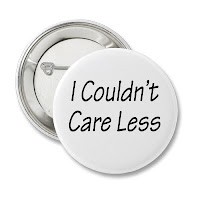Ethics in life: from observing practices to developing a shared regime?
Since starting to think about the role of ethics in blogging, I have bumped into interesting applications of ethics in many different areas of life. I noted yesterday some really interesting work done on ethics and writing about Aboriginal People and Indigenous Studies, based on RCAP (Royal Commission on Aboriginal Peoples, 1992)–especially the paper by Marlene Brant Castellano (2004): “Ethics of Aboriginal Research.”
[link] http://www.indigenous.ca/docs/ethics%20of%20aboriginal%20research.pdf
As a wordsmith at heart, I was captivated by the term “developing an ethical regime.” At first, this sounded rather strict and even oppressive. Yet “regime” provides a useful alternative term to “practice,” for it does carry with it the notion of deliberative and corrective self-reflection. One’s practice is merely what one does, usually with no intention to change nor commitment to self-monitoring. Perhaps “regime” sounds a bit fierce, but it does move practice into the realm of performing actions that are shared, habitual, and even corrective.
[link] http://www.indigenous.ca/docs/ethics%20of%20aboriginal%20research.pdf
As a wordsmith at heart, I was captivated by the term “developing an ethical regime.” At first, this sounded rather strict and even oppressive. Yet “regime” provides a useful alternative term to “practice,” for it does carry with it the notion of deliberative and corrective self-reflection. One’s practice is merely what one does, usually with no intention to change nor commitment to self-monitoring. Perhaps “regime” sounds a bit fierce, but it does move practice into the realm of performing actions that are shared, habitual, and even corrective.



Comments
Post a Comment